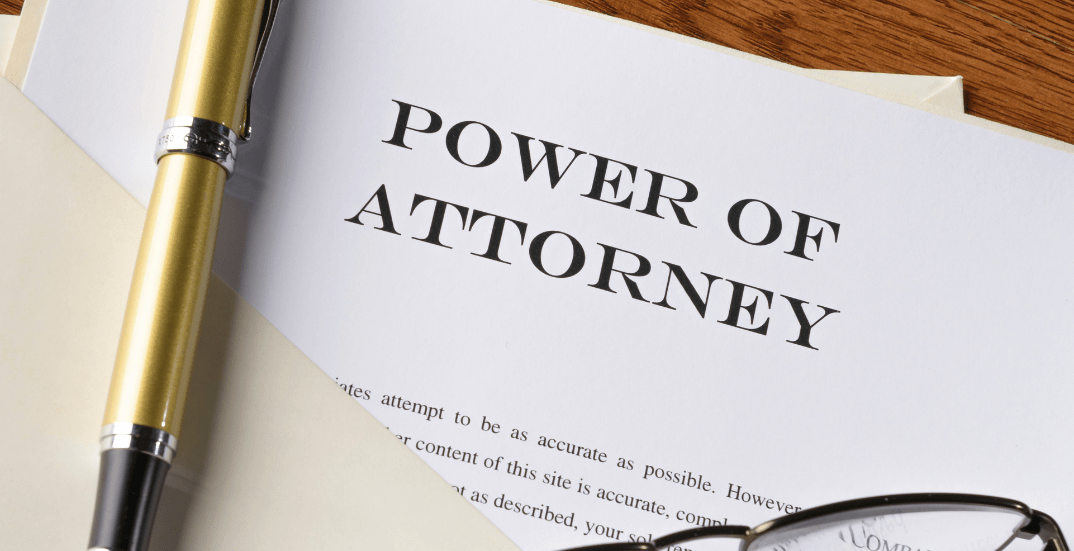A Power of Attorney (POA) is a vital legal tool that allows one person (the principal) to authorize another individual (the agent or attorney-in-fact) to make decisions on their behalf. Whether you’re planning for the future or assisting a loved one, understanding the power of attorney requirements in Florida is essential to ensure the document is legally valid and enforceable.
At Lumsden Law, we help individuals and families across Florida navigate these requirements with clarity and confidence.
Understanding the Florida Power of Attorney Requirements
Florida law sets specific standards for creating a valid POA. As outlined in Chapter 709 of the Florida Statutes, here are the essential requirements:
1. Principal Must Be of Sound Mind
The person creating the POA must be mentally competent and understand the nature of the document they are signing.
2. Written Document Required
Florida does not accept verbal powers of attorney. The POA must be in writing to be legally valid.
3. Signature of the Principal
The POA must be signed by the principal or, if the principal is physically unable to sign, by another person in the principal’s presence and at their direction.
4. Two Witnesses
To meet Florida power of attorney requirements, the principal’s signature must be witnessed by two people. These witnesses must be adults and mentally competent.
5. Notarization
In addition to being witnessed, the POA must be notarized by a Florida notary public. Without notarization, the document will not be legally valid or accepted by banks, hospitals, or other institutions.
6. Effective Date
A Durable Power of Attorney becomes effective immediately upon signing unless it explicitly states otherwise. Florida no longer allows “springing” POAs that take effect only upon incapacity (except for military POAs).
7. Powers Must Be Clearly Stated
If the principal wants the agent to perform certain actions—such as selling property, managing finances, or making health care decisions—those powers must be clearly and specifically stated in the document.
Durable vs. General Power of Attorney in Florida
- A Durable Power of Attorney remains in effect even if the principal becomes incapacitated.
- A General (non-durable) Power of Attorney becomes invalid if the principal becomes mentally incapacitated.
Common Mistakes to Avoid
- Using outdated POA forms that don’t comply with current Florida laws
- Failing to properly witness or notarize the document
- Not clearly defining the agent’s authority
- Choosing an untrustworthy or unqualified agent
Why Choose Lumsden Law for Your Power of Attorney Needs?
Creating a power of attorney is more than just filling out a form—it’s about protecting your interests and ensuring your wishes are honored. At Lumsden Law, we understand Florida’s legal landscape and help ensure your POA meets all state requirements and suits your unique needs.
Whether you’re planning ahead for yourself or assisting an aging parent, our team can guide you through the power of attorney requirements in Florida with clarity and care.
Final Thoughts
Understanding the Florida power of attorney requirements is critical to ensure your legal documents hold up when you need them most. Don’t risk your future on a DIY approach—let the trusted team at Lumsden Law help you get it right the first time.


